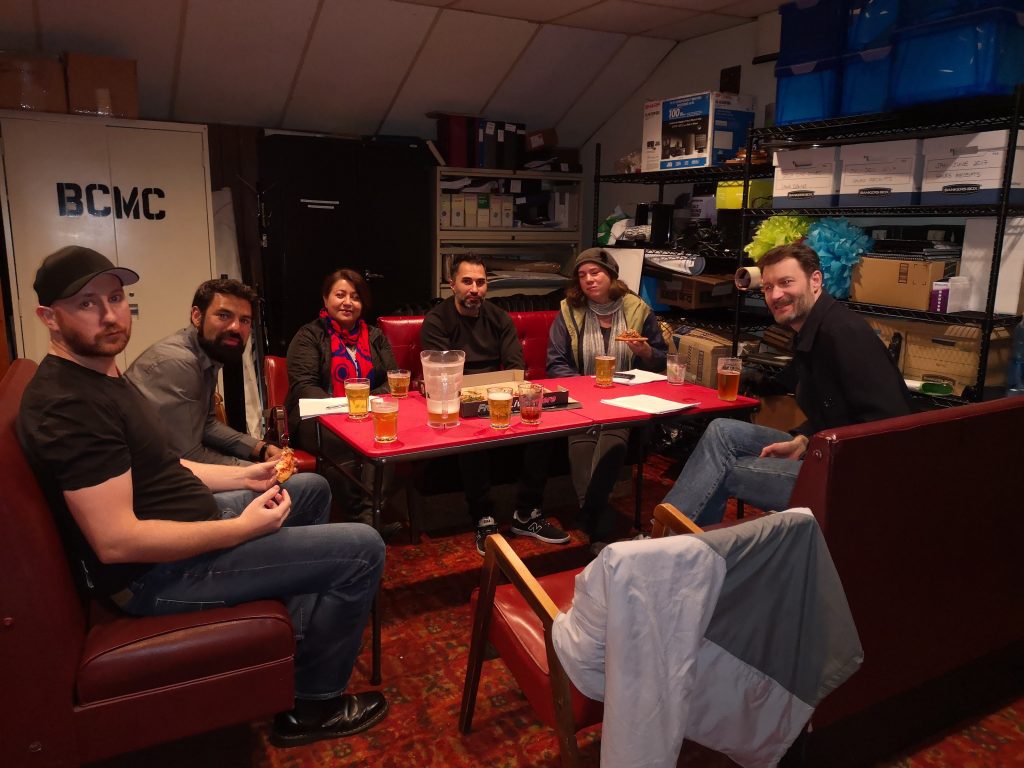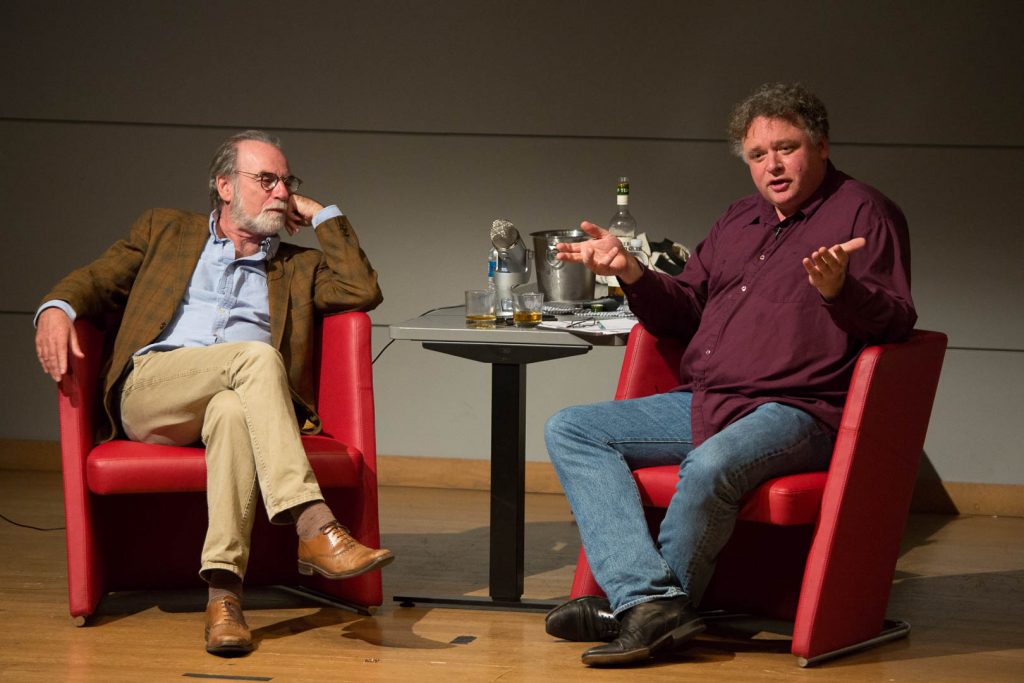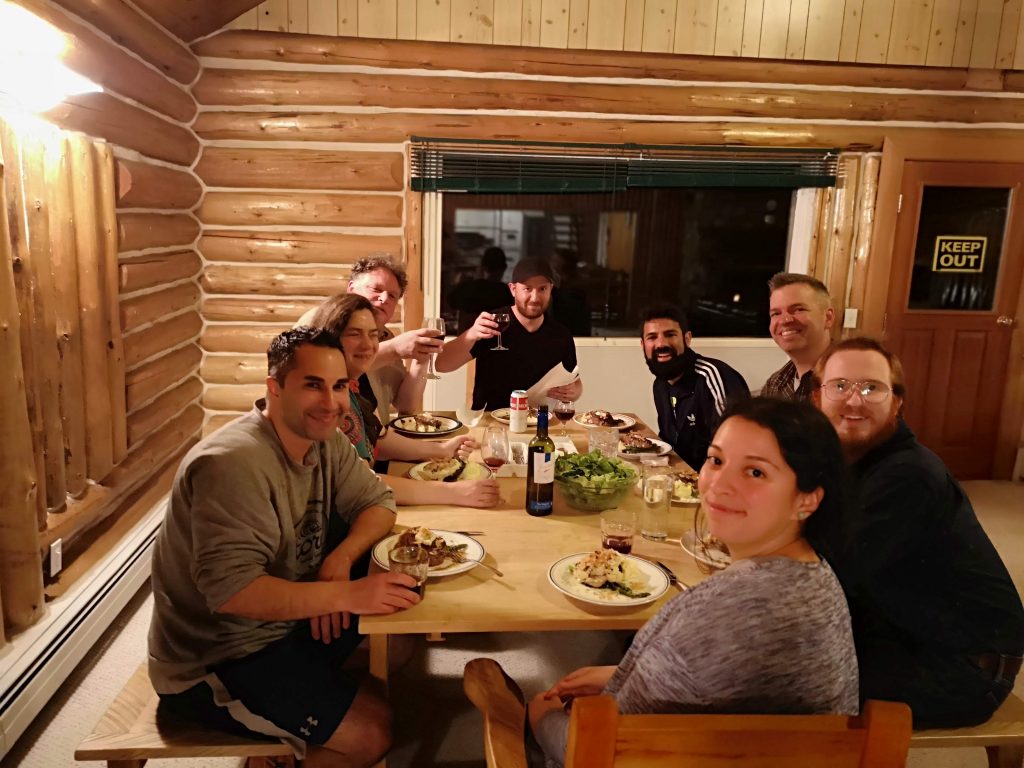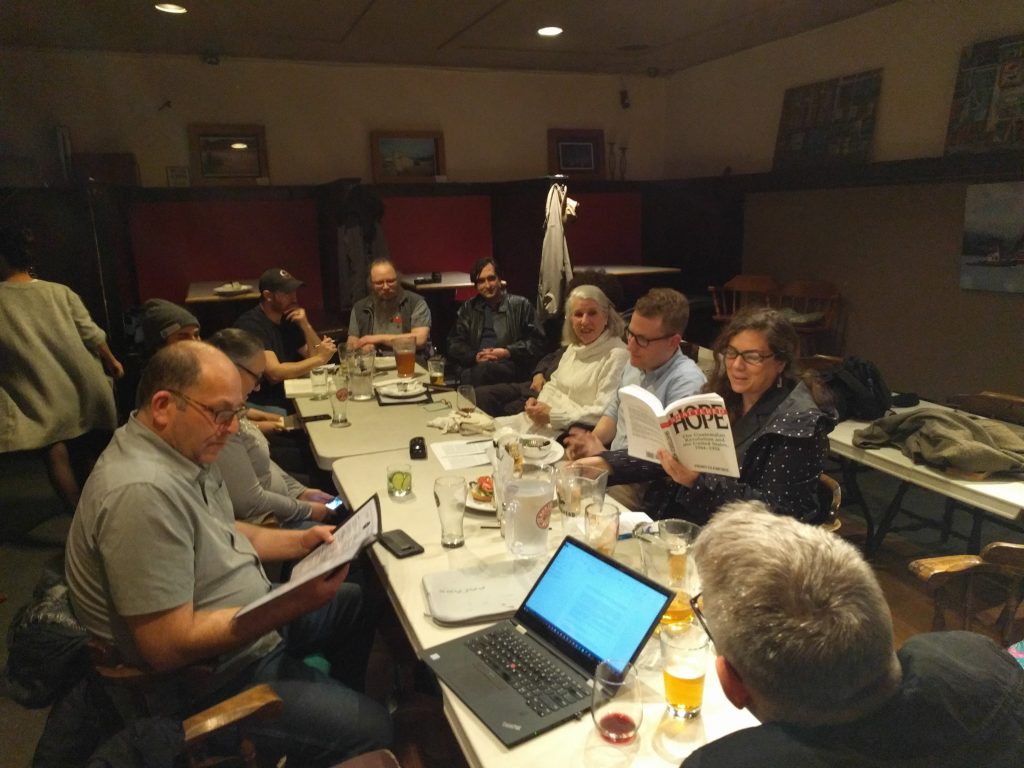Los Altos Institute offered a half-day webinar on research and text analysis methods in two sessions in March 2024. We sought to equip people with basic common sense but possibly lacking in university credentials with the skills to locate and create empirical, evidence-based research.
Here, you can listen to audio of the course. And follow along with this slide presentation and this list of local research resources.
We, at the Institute, are deeply troubled by the way that contemporary liberal academics mock and disparage people who question government and legacy media narratives and attempt to do their own research into important matters, even going so far as to suggest that being skeptical and inquisitive are bad traits in regular people and only positive in elites.
The professoriate should not be mocking untrained people for being unskilled at doing that research. The correct response is to improve the research skills of the general population, to strive towards Thomas Paine’s ethos of Common Sense. And that is what our institute will be doing this March.
If scholars will no longer critically read scholarship, practice peer review or use methods for analyzing textual and physical evidence that were honed over a two-hundred-year period, this work must be taken to the streets. We need to pick up their slack but to do that, we need to learn the best of their methods not just so we can show them up for not meeting their own standards but so that we can do strong, sophisticated empirical research ourselves.
The course is taught by our president who taught classes on research methods and textual analysis for the Simon Fraser University School of International Studies and for the BC Institute of Technology’s Liberal Studies Department, which serves its nursing and civil engineering degree programs.
Difficulty Level/Background Knowledge
This course is designed for any person with basic education and literacy skills. The concepts discussed in the course are straightforward and will review basic high school and undergraduate concepts such as different types of libraries and distinguishing between primary and secondary sources.
Modularity and Format
This is a single session stand-along course, comprising two two-hour seminars separated by a fifteen-minute break. A follow-up or sequel course may be contemplated depending on reception of the original material.
Cost
We are charging $70 Canadian for the four-hour course, roughly $50 US. This is slightly more than we normally charge. That is because we will be producing a PDF textbook/course notes document and making use of PowerPoint and other technologies we normally eschew, so as to pack more information in a more disciplined format into our limited time.
Schedule
We are currently polling registrants for the best possible time(s) and date(s) to run the course. Dates under consideration are March 2nd, 9th and 16th. The course will run at 10am Pacific (11am Mountain, 1pm Eastern, 6pm Greenwich, 9pm East African) on one or more of these days.
Agenda
| Time (PT) | Subject |
| 10:00am | Introductions and student priorities |
| 10:15am | Primary sources, secondary sources and the basics |
| Two kinds of libraries, two kinds of call numbers | |
| Practices of text criticism and handling primary sources | |
| The original university labour system and its decline since the 1990s | |
| Peer review and its slow decline | |
| 12:00pm | Break |
| 12:15pm | Questions and comments on part one |
| 12:35pm | Techniques of quasi-academic fakery and how to detect them |
| From intersectionality to “transwoman milk”: the decline of the cohort | |
| Popular logical fallacies in fake scholarship | |
| Discerning “peer review” claims by journals and others | |
| Associational culture, social partition and trust | |
| 1:55pm | Questions and comments on part two |



